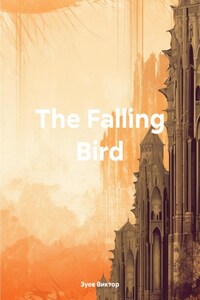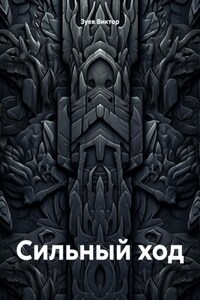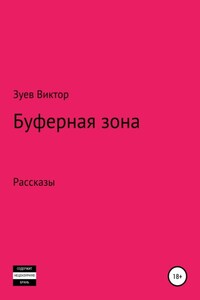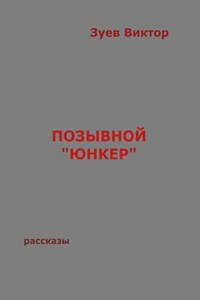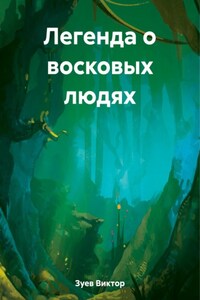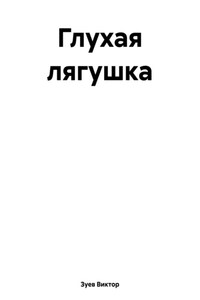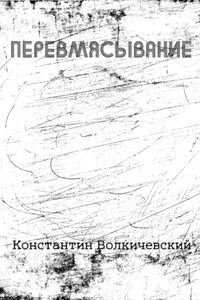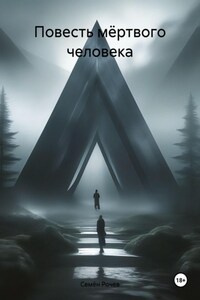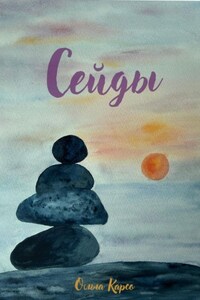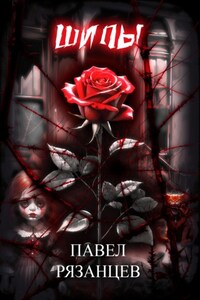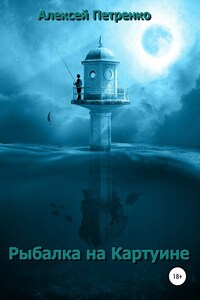Dubito ergo cogito, cogito ergo sum.
René Descartes
The administration responsible for finding promising new ways of discovering edible vegetation on distant planets that could prolong human life hastily assembled a covert division tasked with launching a spacecraft mission into the Canes Venatici constellation. Their reports suggested that that area contained a faintly visible planet on which the first cosmonauts to explore its surface discovered an undying moss-like plant which, when eat continuously, made one immortal.
The Center for Elementary Rationing and Productive Labor on New Exoplanets in the Solar System was located one level below, at the end of the hall behind the fire escape. Hardly anyone ever stopped by there, as all their methods for preparing and distributing material goods, produce and other items of value had long become obsolete due to new developments and rapidly changing priorities in era of explosive development in interplanetary travel, And also due to the fact that long-haul flights paid quite well. Yet none of the executives wanted to admit this, habitually employing a whole department of twenty five experienced senior female staffers consisting mainly of close and distant relatives of the top brass.
Their job was to calculate the requisite amount of food, extra clothing, everyday goods and money for colonists on the next newly discovered planet, referring to manuals approved many decades ago and doing their best to follow those to the letter. These manuals spelled out the number of bureaucrats, guards, supply agents, merchants, regular workers, agitators, and, above all, the leaders dedicated to their people. In order to provide for this core group of people required to sustain productive life on a new exoplanet, the Center would calculate the spaceship capacity needed to carry all the necessary supplies – food, air, water and other essential resources that would be required during the long interplanetary journey, right down to toilet paper.
The spacecraft, easily exceeding the speed of light, would biannually be shipped out to one of the explored planets orbiting the star Proxima Centauri, named Abba, which takes almost a whole year of travel time. Upon arrival, everyone on board would disembark and begin collecting the moss in the underground caves and deep hollows of that planet. Sparse reddish thin lichen-like build-ups grow on the rocks in the caves – one millimeter every ten years – and the workers dispatched to the planet would scrape them off, package and store on the spacecraft to be sent back to Earth. Harvesting of the lichen would continue until all of the ship’s storage modules specially designed to carry it under certain temperature and humidity conditions were completely full – usually this process would take up to a month and a half. After that, the surviving and homesick members of the crew (after undergoing a strict filtration) would return to Earth along with the valuable cargo.
The thing is that this lichen was needed on Earth as a reliable and tested medicine to prolong the lives of honored and notable people threefold. However, this method of extracting and delivering of the lichen to Earth was extremely expensive and took a long time, plus its existence on Abba was very scarce. And sometimes on the transit back home, the miners of that valuable cargo would eat some of it themselves to prolong their own lives, despite a strict law forbidding mere mortals from doing so under penalty of death. The first offenders had been dealt with precisely that way – upon returning to Earth they had been summarily executed by firing squad to set an example for others.
And these prohibition violators were caught quite easily: those who consumed several grams of that valuable lichen would develop a persistent and lingering garlicky breath, like all governing and elite citizens of Earth who partook in the ambrosia made from the lichen. The odor could be temporarily masked with strong aromatic substances or by eating plenty of fatty foods, but as soon as the unpleasant smell was no longer covered up by these methods, the garlicky breath would come back to the super-centenarians. And since this persistent smell was practically impossible to get rid of, people began to identify the elite super-centenarians by their distinctive stench. And not just that – by mandated laws for the people, the stink gradually began to be viewed as an aura of pomp and wealth. Naturally, regular Earth folk were not supposed to smell this way, so a whole series of regulations and decrees were passed prohibiting people from growing and eating garlic and its byproducts, so that their breath would not be confused of that of the governing elite.
As a result, workers and crews who had come back from the off-world lichen mining missions were easily probed during quarantine; anyone who was detected with the garlic breath was detained and executed. However, it was noticed later that within the prison cells where the ambrosia eaters had been kept, various insects (cockroaches, caterpillars, fleas) and other bloodsuckers would thrive for a long time even though the spaces were empty and had been disinfected multiple times after the criminals had been executed.
